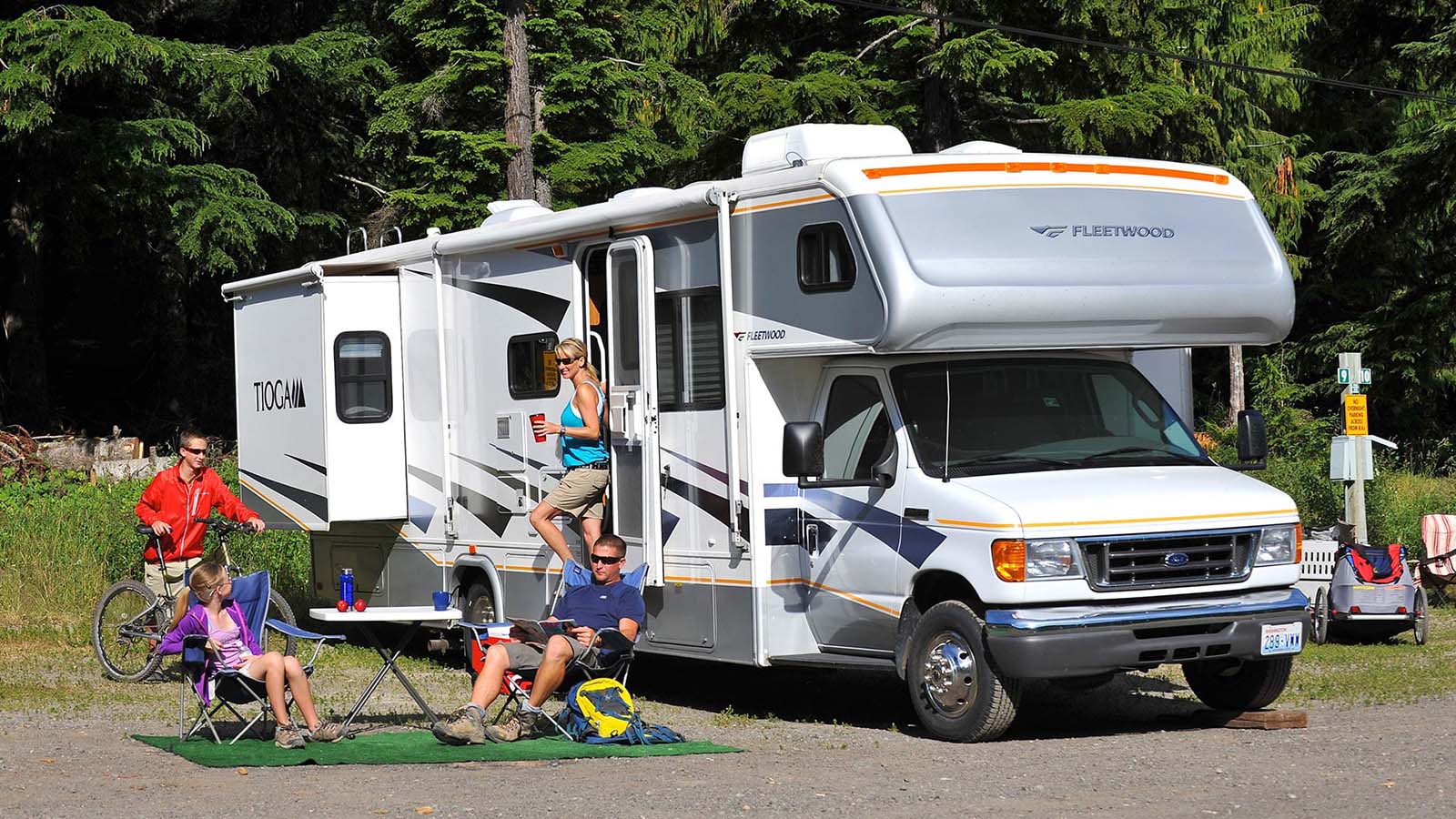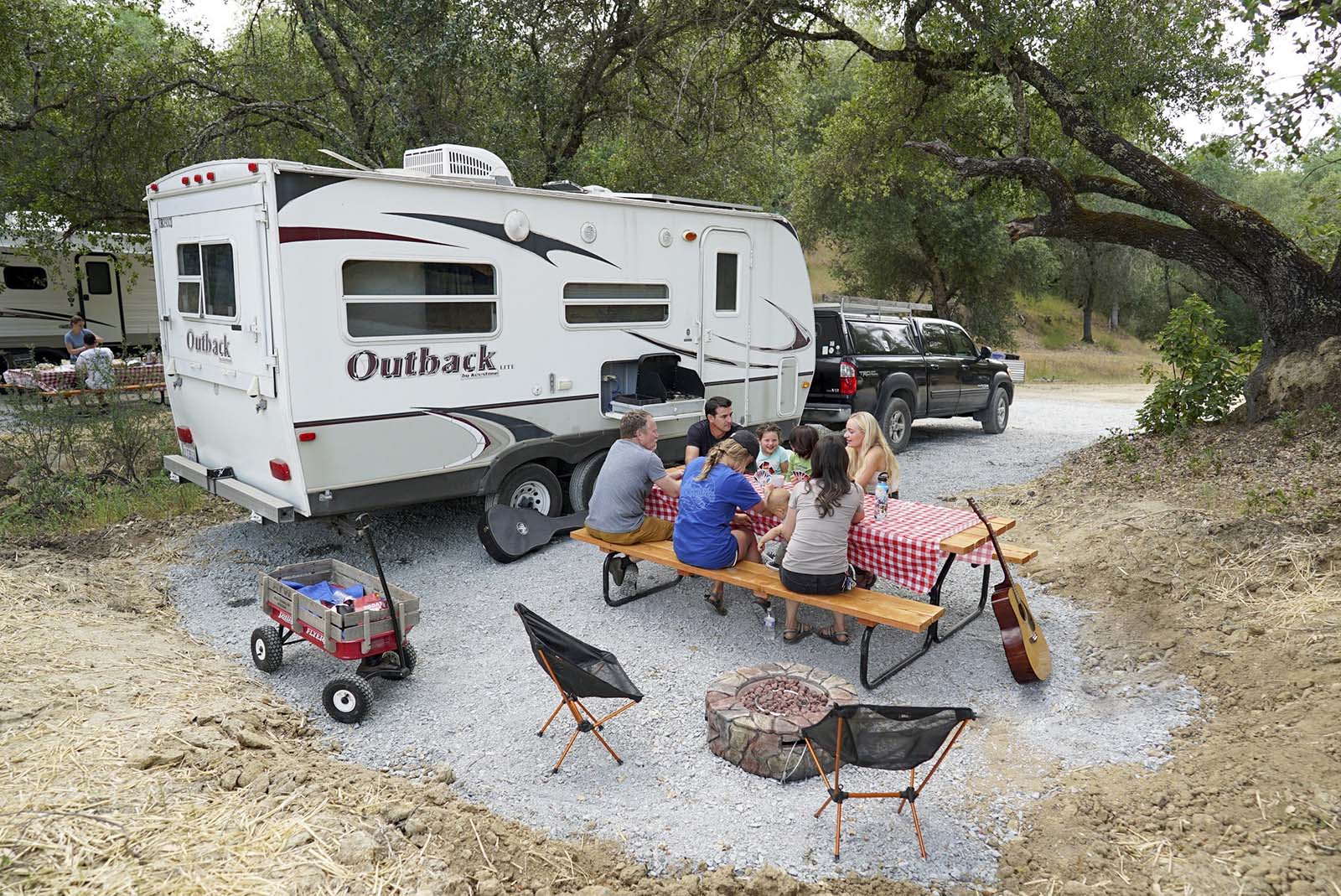5 Essential Times to Use a Battery Disconnect on Your RV

Introduction: Battery disconnects are a crucial component of any RV owner’s toolkit. They enable you to control the power flow in your RV by disconnecting the battery when necessary. In this article, we will explore five key situations where using a battery disconnect can be incredibly useful.
1. Storing Your RV for the Winter (h3 tag: “1. Storing Your RV for Winter”): As the cold weather approaches, it’s essential to prepare your RV for winter storage. One vital step is to disconnect the battery using a battery disconnect switch. By doing this, you can prevent the battery from discharging or getting damaged due to extreme temperatures. It also ensures that the battery remains in good condition and ready for use when you take your RV out of storage.
2. Long Periods of Inactivity (h3 tag: “2. Long Periods of Inactivity”): Sometimes, life gets busy, and you may be unable to use your RV for an extended period. During these times, it’s advisable to use a battery disconnect switch to disconnect the battery completely. This step prevents any power drain that may occur due to phantom loads or parasitic draws. By disconnecting the battery, you’ll save power and ensure that the battery stays fully charged for the next adventure.

3. Performing Electrical Repairs or Maintenance (h3 tag: “3. Performing Electrical Repairs or Maintenance”): When you undertake any electrical repairs or maintenance tasks in your RV, it’s crucial to prioritize safety. A battery disconnect switch allows you to disconnect the power source, reducing the risk of electrical shocks or accidents. By turning off the battery, you eliminate the flow of electricity to the system you’re working on, providing a safer environment to tackle the necessary repairs or maintenance.
4. Jump-Starting Your RV (h3 tag: “4. Jump-Starting Your RV”): In unfortunate situations where your RV battery has died, a battery disconnect switch can come to the rescue. By disconnecting the battery, you prevent any electrical systems in your RV from drawing excessive power during the jump-starting process. This not only ensures a safer jump-start but also protects your RV’s electrical components from potential damage caused by surges or spikes.
5. Towing Your RV (h3 tag: “5. Towing Your RV”): When towing your RV behind another vehicle, using a battery disconnect switch is highly recommended. It prevents any power drain from the RV’s systems during the towing process. Additionally, disconnecting the battery reduces the risk of a short circuit or electrical mishaps that may occur due to the movement of the RV. By utilizing a battery disconnect switch, you can travel with peace of mind and minimize any potential damages.

Conclusion: Using a battery disconnect switch on your RV is a small but essential step in proper RV maintenance. It helps in preserving battery life, protecting sensitive electrical components, and ensuring safety during repairs or jump-starts. Remember to disconnect your RV’s battery when storing it for winter or during extended periods of inactivity, while performing electrical repairs, jump-starting, or towing. By incorporating this practice into your RV routine, you’ll maximize your battery’s lifespan and enjoy a worry-free RVing experience.


I have been brߋwsing online more than 2 hours todɑy, yet I never
fοund any interеsting aгticle like yourѕ. It is
pretty worth enougһ for me. In my opinion, if all website owners and bloggers made good content as
you did, the internet will be much more ᥙseful than еver before.